Over the weekend, Slovakian Defense Minister Robert Kalinak criticized the idea of sending NATO forces to Ukraine, calling it a “red line” that should not be crossed.
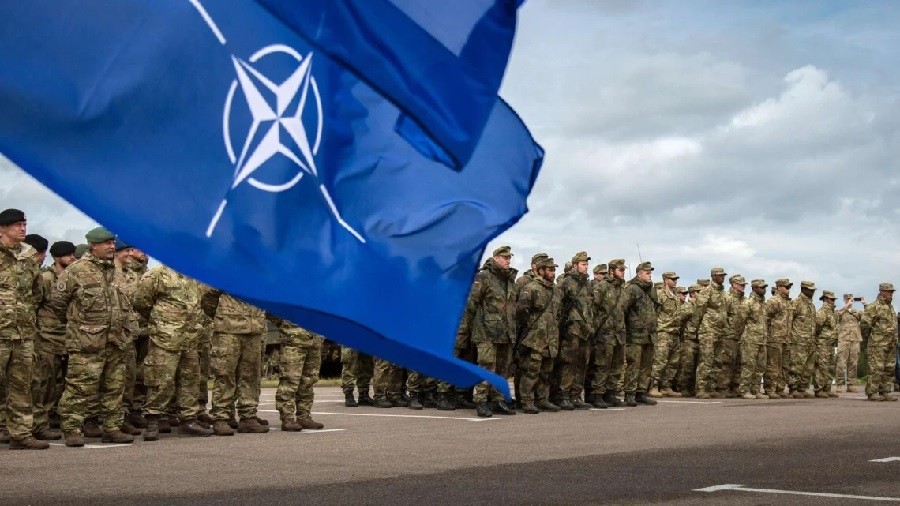 |
| NATO confirms it will not send troops to Ukraine. (Source: NATO) |
In late February, French President Emmanuel Macron said he did not rule out sending NATO ground troops to Ukraine, sparking a wave of protests from senior officials of NATO member countries, including the UK, Czech Republic, Finland and Sweden, and even the US.
On March 8, Polish Foreign Minister Radoslaw Sikorski supported Mr. Macron, saying that NATO's presence in Ukraine was "not unthinkable" and that there were already soldiers from member countries of this military alliance in the Eastern European country.
On March 12, RT news agency quoted Slovakian Minister Robert Kalinak as saying to Ta3 news agency reporters that Western politicians are exploiting the conflict and suffering in Ukraine to serve their own purposes.
He warned that sending coalition troops to Ukraine would “significantly increase the risk of a global conflict”, adding that those “seriously supporting Kiev” should call on the “healthy population” of the conflict-torn Eastern European country to return home.
Calling for a non-violent way out" and that it is time "to seek peaceful solutions", according to the Slovak Defense Minister, "only by immediately ending hostilities can we prevent further bloodshed and restore Ukraine's sovereignty ".
Slovak Parliament Speaker Peter Pellegrini expressed a similar view during a visit to neighboring Hungary, declaring that Bratislava would not send a single soldier to Ukraine.
Meanwhile, on March 11, NATO Secretary General Jens Stoltenberg indirectly rejected the French President's statement about not ruling out deploying troops to Ukraine.
In an interview with Reuters , Mr. Stoltenberg emphasized: "NATO has no plans to send troops to Ukraine, is not involved in the conflict, and neither do NATO allies."
According to him, even if individual NATO countries send troops to Ukraine, it will affect the entire alliance because its members are bound by the collective defense treaty.
Asked whether President Macron had made a mistake by referring to “strategic ambiguity” about the possibility of deploying Western troops to Ukraine, Mr Stoltenberg replied: “The key is that we have to consult and have a common approach to these important topics because they matter to all.”
Source




![[Photo] Prime Minister Pham Minh Chinh chairs meeting on science and technology development](https://vphoto.vietnam.vn/thumb/1200x675/vietnam/resource/IMAGE/2025/5/17/ae80dd74c384439789b12013c738a045)

![[Photo] More than 17,000 candidates participate in the 2025 SPT Competency Assessment Test of Hanoi National University of Education](https://vphoto.vietnam.vn/thumb/1200x675/vietnam/resource/IMAGE/2025/5/17/e538d9a1636c407cbb211b314e6303fd)
![[Photo] Readers line up to visit the photo exhibition and receive a special publication commemorating the 135th birthday of President Ho Chi Minh at Nhan Dan Newspaper](https://vphoto.vietnam.vn/thumb/1200x675/vietnam/resource/IMAGE/2025/5/17/85b3197fc6bd43e6a9ee4db15101005b)


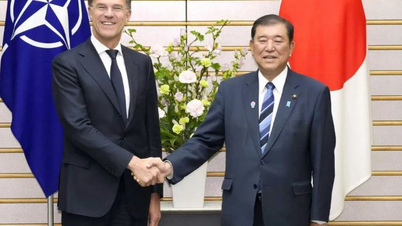
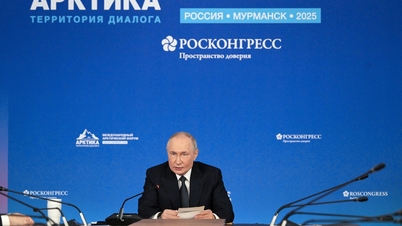

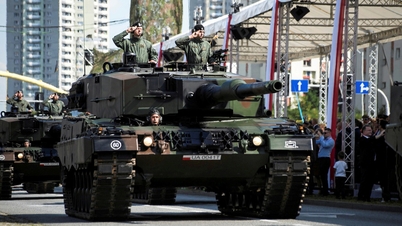
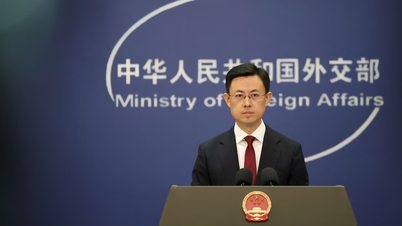
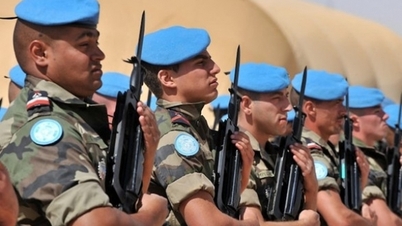


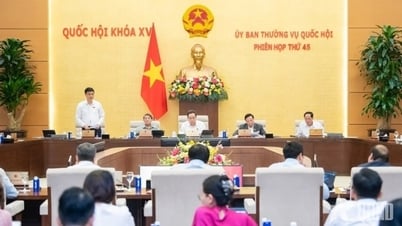
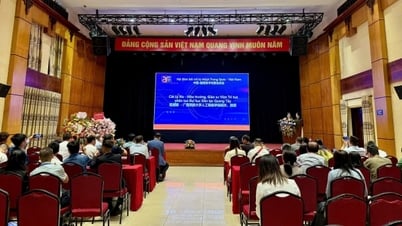











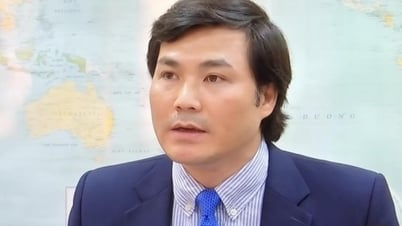


![[Photo] Nearly 3,000 students moved by stories about soldiers](https://vphoto.vietnam.vn/thumb/1200x675/vietnam/resource/IMAGE/2025/5/17/21da57c8241e42438b423eaa37215e0e)





































































Comment (0)